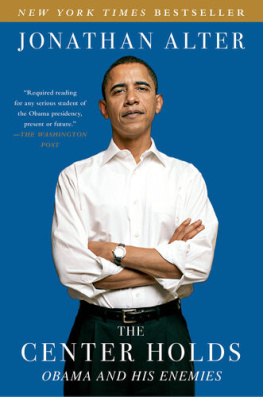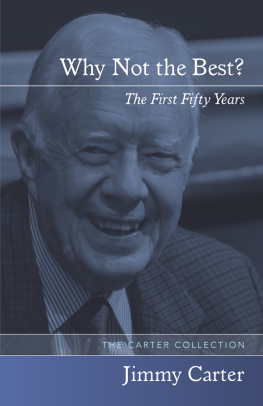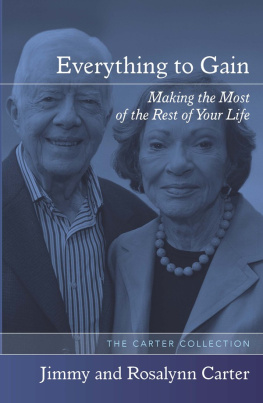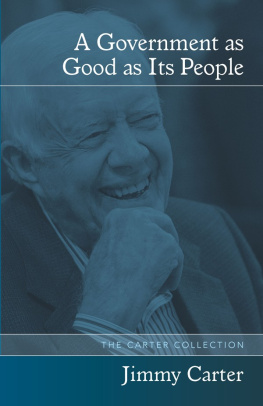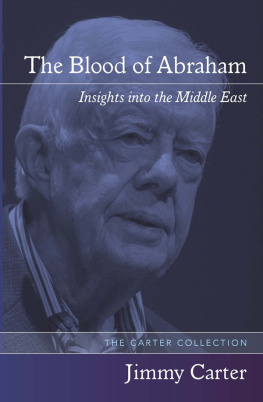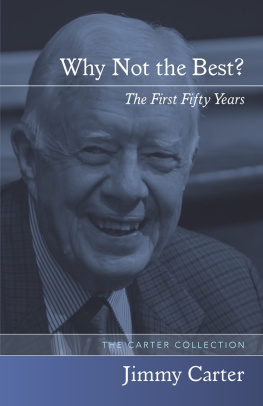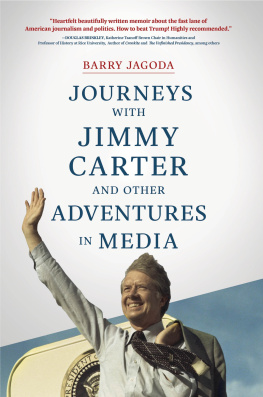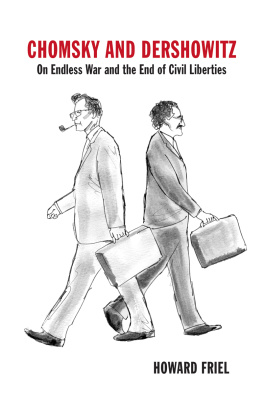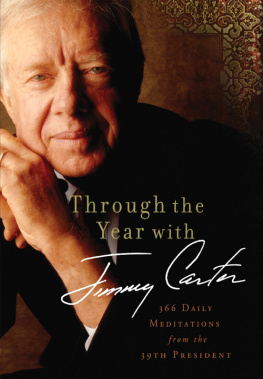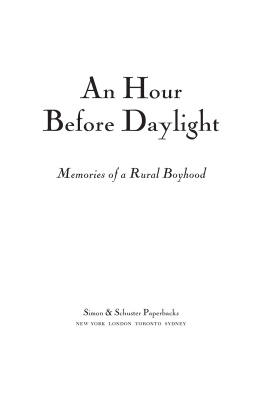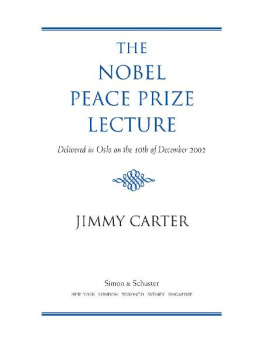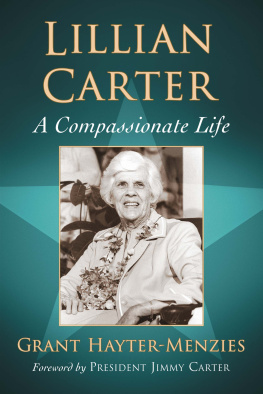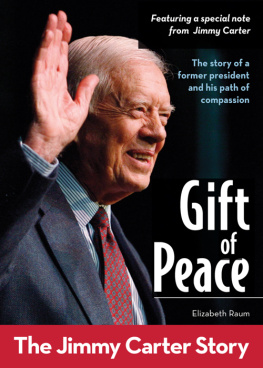Jonathan Alter - His Very Best: Jimmy Carter, a Life
Here you can read online Jonathan Alter - His Very Best: Jimmy Carter, a Life full text of the book (entire story) in english for free. Download pdf and epub, get meaning, cover and reviews about this ebook. year: 2020, publisher: Simon & Schuster, genre: Non-fiction. Description of the work, (preface) as well as reviews are available. Best literature library LitArk.com created for fans of good reading and offers a wide selection of genres:
Romance novel
Science fiction
Adventure
Detective
Science
History
Home and family
Prose
Art
Politics
Computer
Non-fiction
Religion
Business
Children
Humor
Choose a favorite category and find really read worthwhile books. Enjoy immersion in the world of imagination, feel the emotions of the characters or learn something new for yourself, make an fascinating discovery.
- Book:His Very Best: Jimmy Carter, a Life
- Author:
- Publisher:Simon & Schuster
- Genre:
- Year:2020
- Rating:5 / 5
- Favourites:Add to favourites
- Your mark:
- 100
- 1
- 2
- 3
- 4
- 5
His Very Best: Jimmy Carter, a Life: summary, description and annotation
We offer to read an annotation, description, summary or preface (depends on what the author of the book "His Very Best: Jimmy Carter, a Life" wrote himself). If you haven't found the necessary information about the book — write in the comments, we will try to find it.
His Very Best: Jimmy Carter, a Life — read online for free the complete book (whole text) full work
Below is the text of the book, divided by pages. System saving the place of the last page read, allows you to conveniently read the book "His Very Best: Jimmy Carter, a Life" online for free, without having to search again every time where you left off. Put a bookmark, and you can go to the page where you finished reading at any time.
Font size:
Interval:
Bookmark:
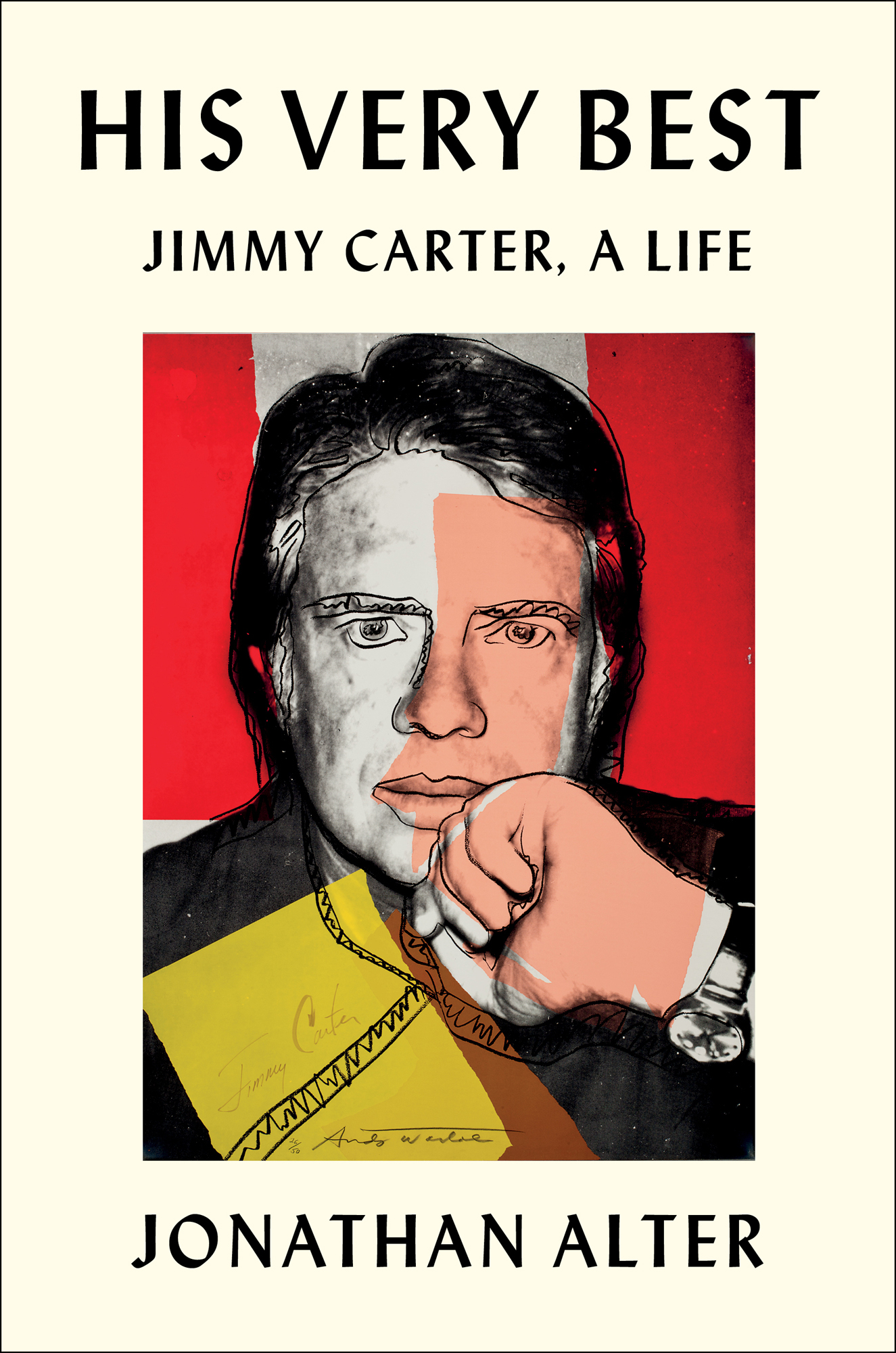

ALSO BY JONATHAN ALTER
The Center Holds: Obama and His Enemies
The Promise: President Obama, Year One
The Defining Moment: FDRs Hundred Days and the Triumph of Hope
Between the Lines: A View Inside American Politics, People and Culture

Simon & Schuster
1230 Avenue of the Americas
New York, NY 10020
www.SimonandSchuster.com
Copyright 2020 by Jonathan Alter
All rights reserved, including the right to reproduce this book or portions thereof in any form whatsoever. For information, address Simon & Schuster Subsidiary Rights Department, 1230 Avenue of the Americas, New York, NY 10020.
First Simon & Schuster hardcover edition September 2020
SIMON & SCHUSTER and colophon are registered trademarks of Simon & Schuster, Inc.
For information about special discounts for bulk purchases, please contact Simon & Schuster Special Sales at 1-866-506-1949 or .
The Simon & Schuster Speakers Bureau can bring authors to your live event. For more information or to book an event, contact the Simon & Schuster Speakers Bureau at 1-866-248-3049 or visit our website at www.simonspeakers.com.
Interior design by Ruth Lee-Mui
Jacket design by Jackie Seow Jonathan Alter
Jacket painting 2020 The Andy Warhol Foundation for the Visual Arts, Inc. / Licensed By Artists Rights Society (ARS), New York; photograph 2013 Christies Images Limited
Library of Congress Cataloging-in-Publication Data has been applied for.
ISBN 978-1-5011-2548-5
ISBN 978-1-5011-2555-3 (ebook)
To the memory of Alice Mayhew
M y previous bookson Franklin D. Roosevelt and Barack Obamastressed the influence of character on the presidency. I began this one more than five years ago with the same theme in mind. But after the election of 2016, I felt a new urgency. It seemed to me there was no better time to reexamine our superficial assessments of Jimmy Carter. I write out of a fragile hope that the life story of the thirty-ninth president might help light our way back to some sense of decency, accountability, and seriousness in our politics.
I first met Carterfor a split-second handshakeon the South Lawn of the White House on the Fourth of July 1978, when I was a college intern in his speech-writing office. In early 1980, like so many Americans, I grew disillusioned with him and made the mistake of working for a few weeks as a part-time volunteer on Ted Kennedys campaign against him in the Democratic primaries.
Thirty-five years later, I found myself drawn back to a perplexing leader and to his virtuoso achievement: the 1978 Camp David Accords, which brought peace to Israel and Egypt after four wars and became the most durable major treaty of the postwar era. If he pulled that off, I figured, there must be more to Jimmy Carter than the easy shorthand: inept president who becomes a noble ex-president. When I learned that he would almost certainly have begun to address global warming in the early 1980s had he been reelected, I was hooked. I set out to paint a portrait of perhaps the most misunderstood president in American history.
Carters prescience on the environment and several other issues was not the only thing that surprised me about him. I knew about his human rights policy but had no clue how much it advanced democracy around the world. I had no idea that ratification of the Panama Canal Treaties, a squeaker in the US Senate, prevented a major war in Central America. Several of Carters unheralded accomplishments are especially relevant today: normalizing relations with China, which helped set in motion four decades of breathtaking global change; insisting on the first genuine racial and gender diversity in the federal judiciary; curbing redlining, which had so damaged black neighborhoods; providing the first whistle-blower protections and the first inspectors general; and extending the Centers for Disease Control (CDC) for the first time into global health, which presaged the work of his postpresidency. I concluded that he was a surprisingly consequential presidenta political and stylistic failure but a substantive and far-sighted success.
From the start of my research, Carters journey from barefoot farm boy to global icon struck me as an American epic. I wanted to understand how he evolved from a short, timid kid nicknamed Peewee into an ambitious and born-again governor of Georgia; how, straddling two worlds, he advanced miraculously from obscure outsider to president of the United States; how he stumbled as a leader but succeeded in reinventing himself as a warrior for peace.
Carter is warm in public and brisksometimes peevishin private, with a biting wit beneath the patented smile. He is always struggling to do morefor himself and for the worldand to pass what his US Naval Academy rule book called the final test of a man: honesty. Like all politicians, he exaggerated at times and broke a few campaign pledges. But he fulfilled his famous promise in his 1976 campaign and did not directly lie to the American people, which is no small thing today.
The title His Very Best reflects Carters intensity and his sense of obligation to God, country, humanity, and himself. In his daily, even hourly, prayers, he asks not just What would Jesus do? but Have I done my best? After cantankerous admiral Hyman Rickover sternly asked the nervous young lieutenant in a job interview for the nuclear navy if he had done his best at Annapolisand he confessed that he had notCarter disciplined himself to make the maximum effort in every single thing he did for the rest of his life. (He also entitled his campaign autobiography Why Not the Best?) When awarding Carter the Nobel Peace Prize in 2002, the chairman of the Nobel committee said, Carter himself has taken [from Ecclesiastes 11:4] as his motto: The worst thing that you can do is not to try. Few people, if any, have tried harder.
Whether sprinting as a naval officer through the core of a melted-down nuclear reactor, or laboring to save tens of millions of acres of wilderness, or driving a hundred miles out of his way on rutted roads to talk to a single African farmer, or turkey hunting at age ninety-five, Carter was all in, all the time. Calling him the least lazy American president is not to damn him with faint praise; his long life is a master class in making every minute count.
This is the first full-length independent biography ever written of Jimmy Carter. (His major political contemporaries, Ronald Reagan and Edward Kennedy, have each been the subject of a half dozen.) Fine authors have bitten off chunks on Carters campaigns, his faith, his presidency, and his postpresidency, and insightful former aides and Cabinet officers have had their say. My more comprehensive book is not in any way authorized or official, but I could not have completed it without the generous cooperation of all the Carters. My beloved longtime editor, the late Alice Mayhew, was also Carters editor at Simon & Schuster, and she smoothed the way.
Over the last five years, I interviewed the former president more than a dozen times in his home, at his office, over meals, in transit, and by email. I watched him teach Sunday school in Plains, Georgia, and I helped build a Habitat for Humanity house with him in Memphis. I also interviewed Rosalynn Carterwho was kind enough to share for the first time Jimmys love letters from the navy and portions of her unpublished diariesas well as their four children, other members of his famously colorful family, and more than 250 people who know him, including former presidents George H. W. Bush and Barack Obama, former vice president Walter Mondale, and several surviving members of the Carter Cabinet. I spent countless hours reviewing thousands of pages of documents at his presidential library in Atlanta and scouring oral histories and unpublished diaries.
Font size:
Interval:
Bookmark:
Similar books «His Very Best: Jimmy Carter, a Life»
Look at similar books to His Very Best: Jimmy Carter, a Life. We have selected literature similar in name and meaning in the hope of providing readers with more options to find new, interesting, not yet read works.
Discussion, reviews of the book His Very Best: Jimmy Carter, a Life and just readers' own opinions. Leave your comments, write what you think about the work, its meaning or the main characters. Specify what exactly you liked and what you didn't like, and why you think so.

